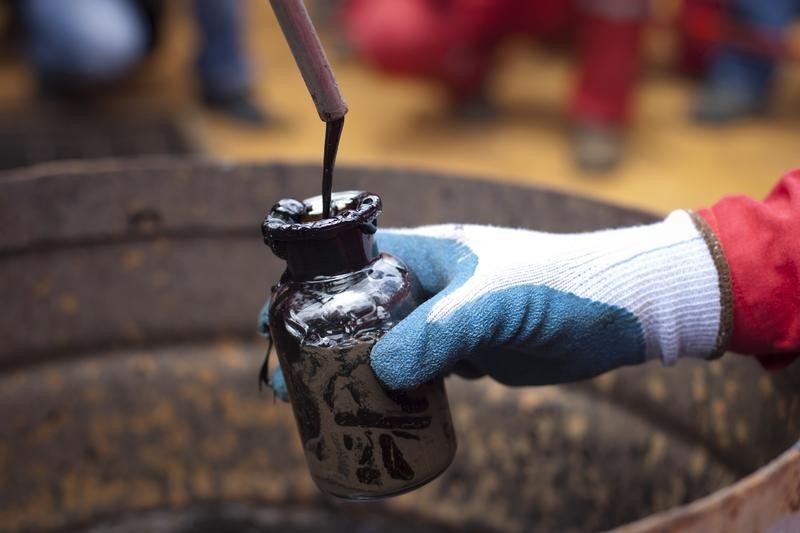(Bloomberg) -- U.S. President Donald Trump has called Saudi Arabia to serve on the front lines of his economic war against Iran.
While the U.S. pushes its allies to halt all Iranian crude purchases by November, the White House is relying on Saudi Arabia -- Tehran’s main regional rival in the Middle East -- to keep the market in balance ahead of the American mid-term election. Yet, offsetting lost Iranian exports could strain Saudi’s spare capacity at a time when the oil market is already coping with the collapse of Venezuela’s oil industry and turmoil in Libya.
"If U.S allies cut to zero and India and China also reduce imports, the oil market could lose up to 1.5 million barrels a day of Iranian oil," said Amrita Sen, chief oil analyst at consultant Energy Aspects Ltd in London. "This is far, far greater than anyone was expecting only a week ago."
A decision by OPEC and its allies to boost production by 1 million barrels a day won’t offset the shortfall. Taking into account supply losses from Libya and Venezuela, the oil market is looking at a deficit in the second half of this year, BNP Paribas (PA:BNPP) senior oil strategist Harry Tchilinguirian said in a note Tuesday.
Saudi Arabia clearly intends to try and fill the gap. The kingdom on Tuesday signaled it plans to raise production to a record 10.8 million barrels a day next month, following pressure from Washington to boost output and protect consumers from rising prices. Meantime, Saudi Aramco Chief Executive Officer Amin Nasser has said that the company can produce up to 12 million barrels a day.
But pumping at maximum capacity likely won’t be sustainable for the kingdom, leaving the U.S. to lean on other major producers -- or its own oil reserves -- to keep the market in balance.
If slashing Iranian exports drives crude prices too high, the U.S. could tap into its 660-million-barrel Strategic Petroleum Reserve. Several sales are already scheduled to take place through 2025, including one that could occur as soon as October. In a pinch, the president could release as much as 30 million barrels of crude, according to Kevin Book, managing director of Washington-based consultancy ClearView Energy Partners.
That could help balance the market on a barrel basis, Book said, but wouldn’t offset the lost Iranian barrels in terms of crude quality. “What you’re really talking about is a medium-sour crude hole,” he said. “There are two countries that can fill it: Saudi Arabia and Russia.”
